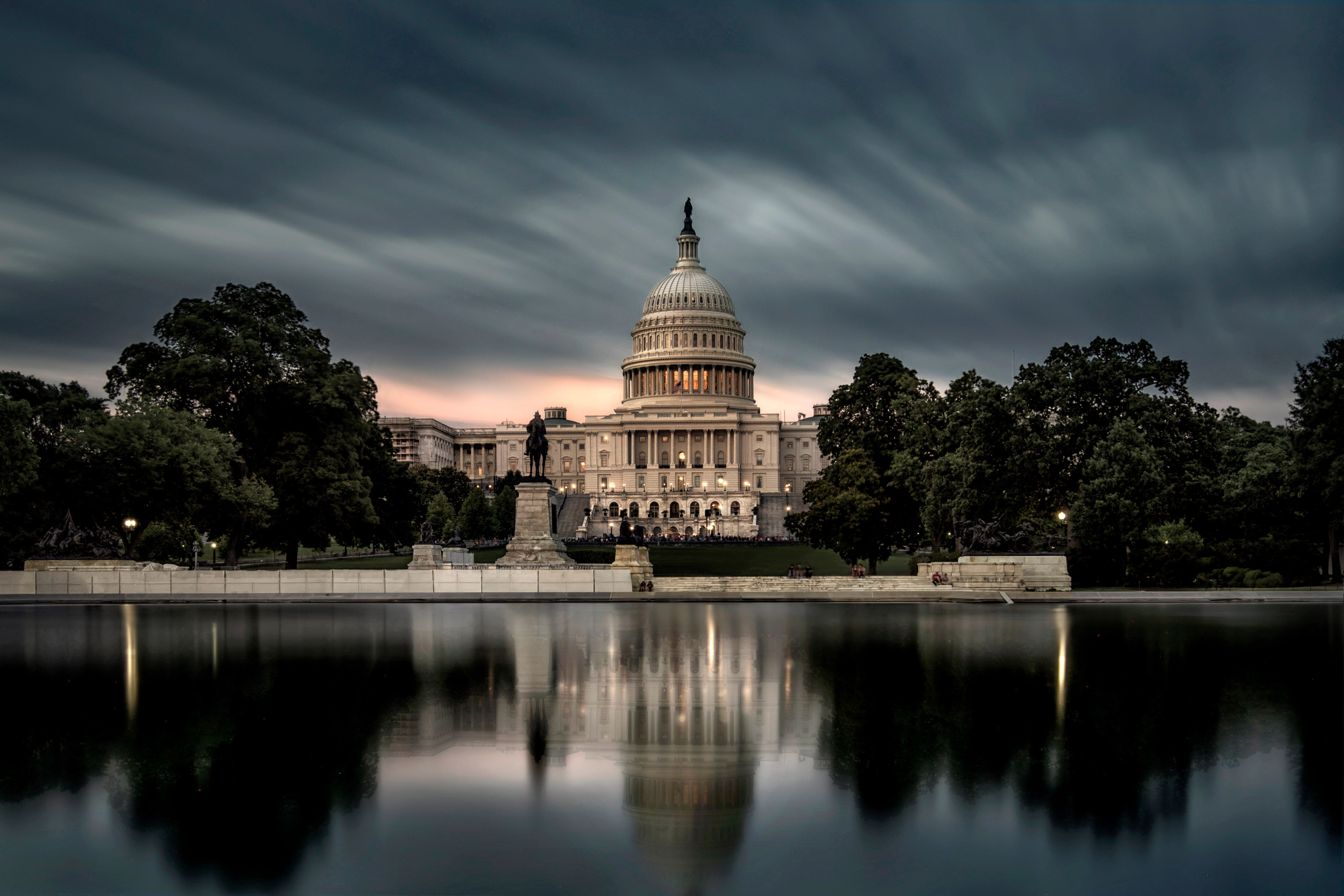EY refers to the global organization, and may refer to one or more, of the member firms of Ernst & Young Global Limited, each of which is a separate legal entity. Ernst & Young Global Limited, a UK company limited by guarantee, does not provide services to clients.
How EY can help
-
The EY Center for Tax Policy helps businesses assess tax policy impacts, manage risks and prioritize changes to prepare for the future.
Read more -
Washington Council Ernst & Young (WCEY) is a tax, legislative and regulatory group within Ernst & Young LLP that combines the power of a leading professional services organization with the on-the-ground knowledge, personal relationships and attention to detail of a boutique Washington-insider firm.
Read more
Q. I have to interrupt you — those ideas seem counter to one another.
A. (Abraham) Under the divided government scenario, the policies reflect the interests of both political parties. And it’s always easier to maintain the status quo than to enact new legislation.
Q. Is there anything else we might see under this scenario?
A. (Abraham) There’s a moderate potential for new industrial policy and infrastructure spending. We might also see new emissions controls on industrial and manufacturing facilities (which could drive additional interest in carbon capture). We also expect increased chances for permitting reform – such as permitting related to certain stalled liquefied natural gas projects and potential easing of permitting requirements (or at least quicker permitting timelines) for transmission lines needed to bring incremental clean energy to the grid).
Q. Ok, that brings us to the Republican-led outcomes. Let’s talk about what may be on the table under a Trump presidency and Republican sweep of Congress.
A. (Huggins) This is where we would expect to see a lot of activity. It is likely that environmental regulations on construction, permitting and manufacturing for energy-related activities would be eased. Regulations governing oil and gas and mining activities would likely be reduced, and the process for obtaining permitting would be made easier, with an emphasis on making US energy sources more secure. Some power and utility deregulation may also take place.
Republican policymakers would likely also consider rolling back or modifying some IRA energy credits when they begin looking for revenue. While full repeal is unlikely, certain provisions, like EV credits, and credits for clean hydrogen, standalone energy storage, and technology-neutral credits, are more likely to be “in the crosshairs” under a Republican-led Congress.
Q. So why wouldn’t they repeal all of the IRA’s energy credits? After all, it was Democratic legislation.
A. (Matlock) Many projects that qualify for the credits are in GOP-led districts. As such, many Republicans, particularly from the Midwest, support IRA credits for biodiesel, alternative fuels, and carbon capture use and sequestration. Similarly, the Gulf Coast has many decarbonization-related projects that will likely qualify under Section 45Q (carbon capture use and sequestration), as well as blue hydrogen projects.
What Republican policymakers could do, in addition to repealing targeted provisions, is curtail funding and/or make credits more difficult to obtain. Eliminating or materially curtailing IRA-related grants and loans would make it significantly more difficult for clean energy developers to access less expensive capital (which is an important part of the capital stack for certain projects).
The final regulations under Section 45V are an example of guidance that could possibly be modified or finalized in a way that would make it more challenging for green hydrogen projects to qualify for the credit, as the proposed regulations are already more complex than the statutory language, and the final regulations have not yet been issued.






